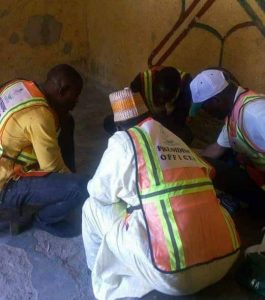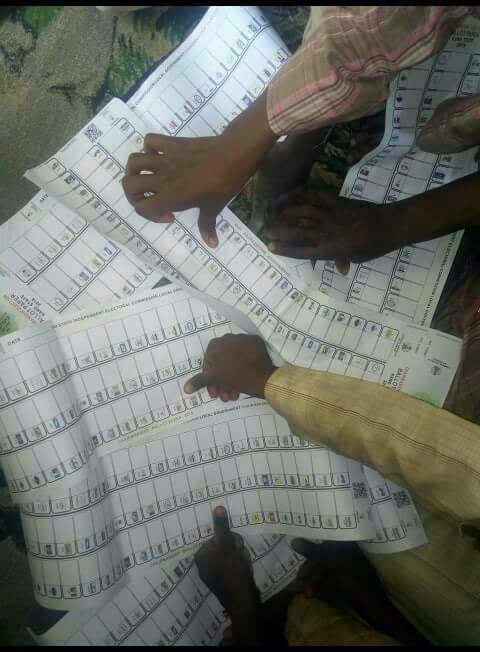Coinciding with the week in which a volatile debate commenced in Abuja about whether there is a sustainable distinction between procedural and substantive democracy, the images from Kano are no local, isolated affairs. They are at the heart of a big question: is this the democracy that would lead Africa to industrialise and reclaim its space in the global order? When would that happen? If not democracy, then what?
 Although the expression “catalogue of turbulence” was used by Prof Kirk-Greene (in his review of M G Smith’s Government in Kano, 1350 – 1950) to refer to a completely different reality, it would seem a good fit expression for Kano of today. This is with particular reference to its election into local government councils last Saturday, if the images circulating in the media wonderland are to be believed. In these days of fake news, perhaps there is basis for caution except that some of the images are so real that the idea of Kanonisation of democracy might not be that far- fetched.
Although the expression “catalogue of turbulence” was used by Prof Kirk-Greene (in his review of M G Smith’s Government in Kano, 1350 – 1950) to refer to a completely different reality, it would seem a good fit expression for Kano of today. This is with particular reference to its election into local government councils last Saturday, if the images circulating in the media wonderland are to be believed. In these days of fake news, perhaps there is basis for caution except that some of the images are so real that the idea of Kanonisation of democracy might not be that far- fetched.
Dr Abdullahi Ganduje, the incumbent governor of Kano State is at war with Senator Musa Rabiu Kwankwaso, the man from whom he took over the reigns of power. In what appears a succession that was not a product of consensus between the two but the victory of one over the other at that time, the two have been at war ever since. And, as with today’s wars, it is diffuse and all consuming. So, Saturday’s election assumed the character of this war. Again, that is if the images here are true reflection of what might have happened in the polls.
It is all too tempting to say that is what goes on everywhere else. But that is if Kano were not the political homestead of Mallam Aminu Kano. But Kano is and, up to the time of his departure to the great beyond, there were no stains on his politics. There was tension and turbulence in his camp following a rebellion of the boys but he himself remained a model of the theory and practice of ‘Democratic Humanism’, an interesting critique of orthodox Socialism.
It may not be possible to transfer yesterday to today without additions and subtractions along the line but does that mean there is no History? Isn’t Kano degenerating rapidly into a catalogue of turbulence, if these electoral images actually took place? Who confirms that they did or did not? And who makes change to happen?
It is not that the opposition is complaining about the Saturday election in Kano. After all, the PDP was not different in that respect when it held sway. It also rigged. It is that it connects with the debate under reference in the opening paragraph of this report. For if these images reflect the truth, it means we have gone full circle from the PDP to the APC.




























